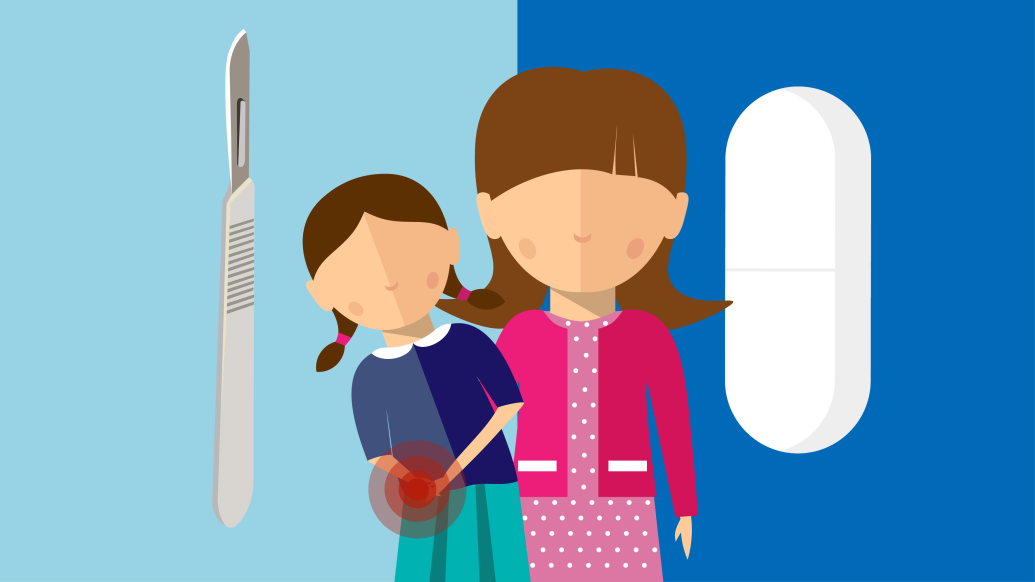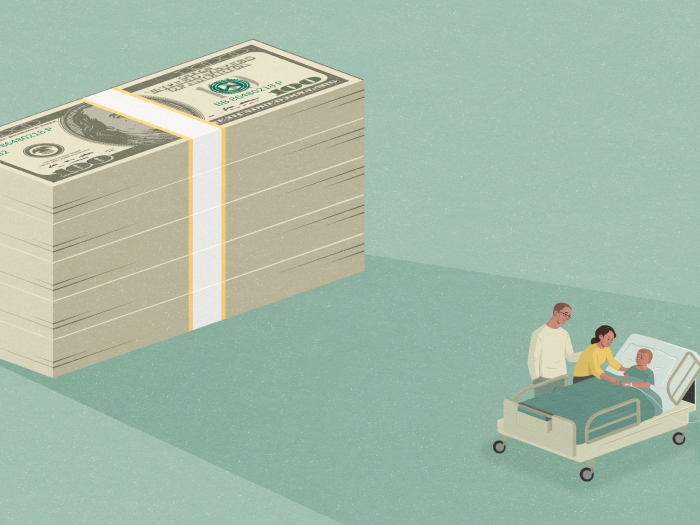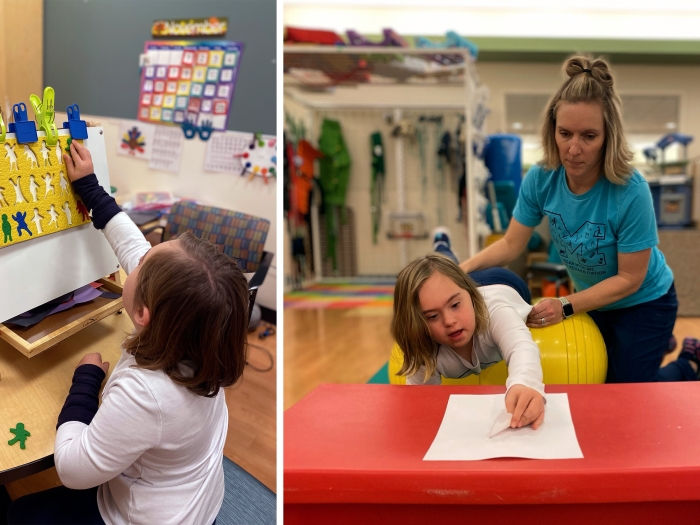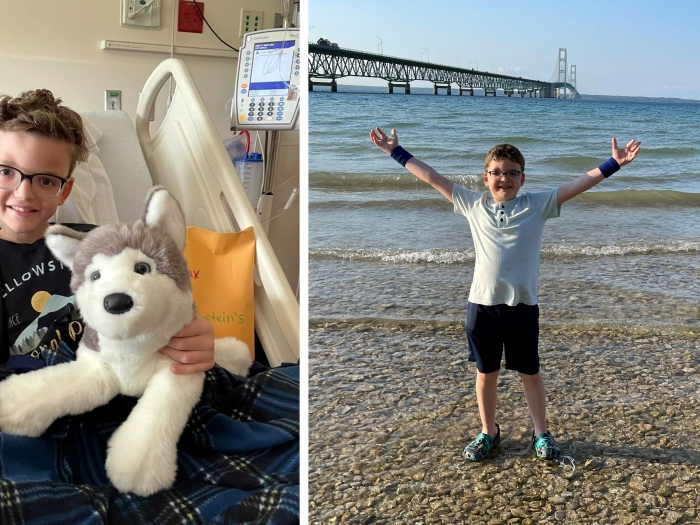When children come to the emergency room with stomach pain presumably tied to appendicitis, they might not need surgery after all.
8:00 AM
Author |

Surgery may no longer be the only solution when it comes to treating appendicitis in some young people.
For uncomplicated pediatric cases, an alternative could be as simple as an extended dose of antibiotics — a plan that might leave some physicians and parents accustomed to appendix removal with a decision to make.
"If you asked me about three years ago, 'What would you do for your kid?' I would have said, 'Do surgery; that's the standard of care,' " says Samir Gadepalli, M.D., pediatric surgeon and co-director of pediatric surgical critical care at C.S. Mott Children's Hospital. "If you asked me now, I would say it really depends."
Shifting his stance is a multicenter clinical study currently evaluating overall effectiveness of nonsurgical treatment for acute pediatric appendicitis.
Preliminary findings showed that almost three-quarters of patients 7 to 17 years of age whose families opted for nonoperative care by means of 10 days of medication saw no relapse of symptomatic stomach pain for at least one year after a child's initial visit.
This course of treatment eliminated the need for appendectomy and any associated risks.
Although the exact mechanism behind the antibiotics' success is so far unclear, the development could offer a critical new choice when emergency strikes, under certain circumstances, at least.
Patients not eligible for participation in the clinical study include those with prior abdominal pain lasting longer than 48 hours, a white blood cell count above 18,000, or a known perforation or abscess in the appendix (discovered by CT scan or ultrasound).
At present, then, the target audience for the alternative is small. About 20 percent of Mott's 150 to 200 yearly appendicitis patients meet the criteria for antibiotic treatment, Gadepalli says. Of that group, roughly one-third opt for it.
If you asked me about three years ago, 'What would you do for your kid?' I would have said, 'Do surgery; that's the standard of care.'Samir Gadepalli, M.D.
Weighing the choice
Doctors participating in the trial explain the pros and cons of each option, but they can't make the decision for families.
"We actually have a script we read; we're not influencing their decision one way or the other," says Gadepalli, who is co-leading the study at Mott. The multi-institutional study includes 10 children's hospitals in the Midwest Pediatric Surgery Consortium to examine the safety and efficacy of antibiotics in managing uncomplicated appendicitis.
Still, Gadepalli notes that many parents often come in with "preconceived notions of what they want" for their kids. For some, an upcoming school trip or athletic championship might push a patient in favor of antibiotics. Others might want surgery because of its reputation as the standard of care.
Benefits of the former include fewer disability days and lower health care costs. Patients on meds, he says, saw no difference in quality of life after one year compared with those who sought an appendectomy.
Surgical removal of the appendix, on the other hand, requires a recipient to undergo anesthesia. It also results in incisional wounds that take time to heal and leave a patient temporarily removed from heavy lifting and some physical activity. Infection, though rare, is a risk.
Going forward
The interim findings at Mott closely mirror those of a prior study conducted at Nationwide Children's Hospital in Columbus, Ohio.
That review, taken in 2012–13, was the impetus for the ongoing multistate study that aims to chronicle 800 appendicitis patients across the consortium's facilities.
The Mott analysis comprised 40 patients. Gadepalli hopes to chart the experiences of 40 more youths in 2016. All who received treatment (with either method) will receive yearly follow-up phone calls until age 18 to monitor their health and satisfaction with their choice to help researchers examine the long-term effects of antibiotic treatment for appendix pain. Mott is the only Michigan hospital participating in the study.
It's too soon to tell whether the medication could be effective for adults with appendicitis, Gadepalli says. But the findings have key implications for a procedure that predates the arrival of antibiotics in the 1920s.
Says Gadepalli: "It's an exciting study, and it just may revolutionize how we care for these children."

Explore a variety of healthcare news & stories by visiting the Health Lab home page for more articles.

Department of Communication at Michigan Medicine
Want top health & research news weekly? Sign up for Health Lab’s newsletters today!





